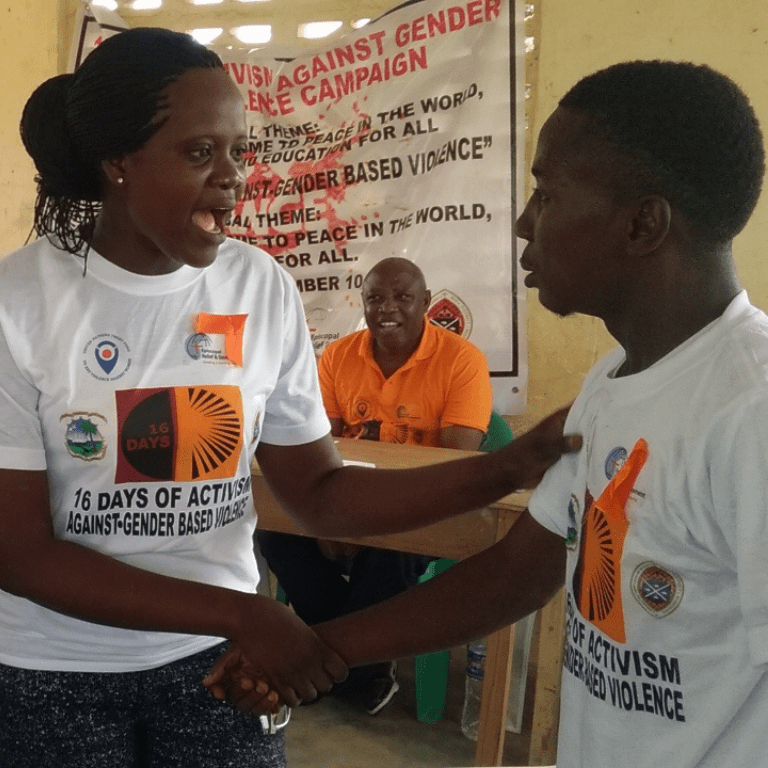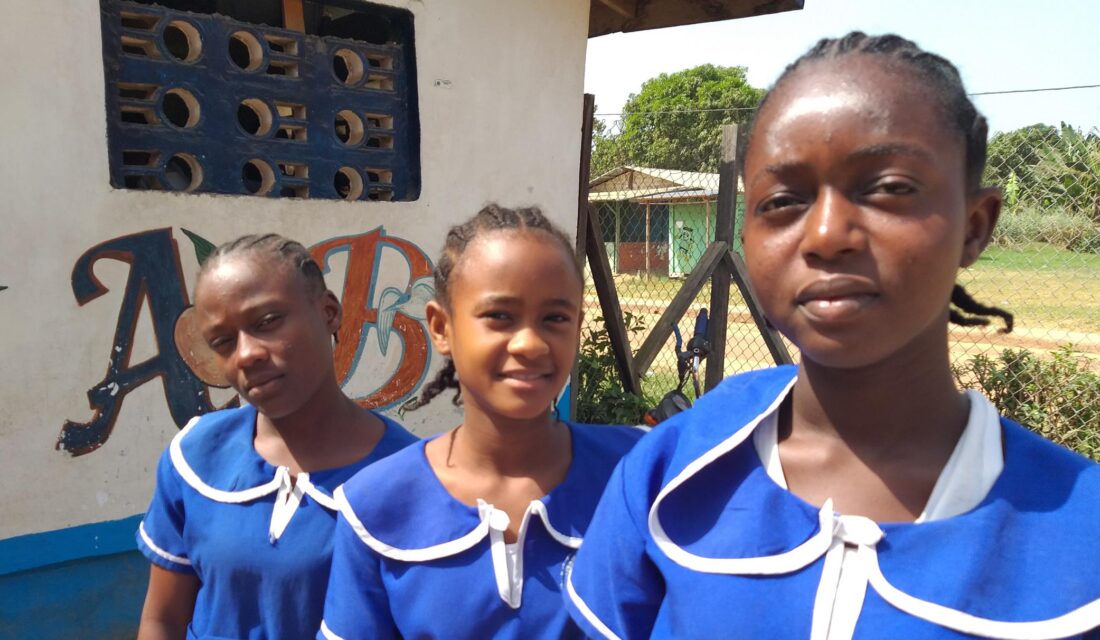
We partner with ECLRD to advance the empowerment of women and girls, promote equality and prevent violence in communities. Local faith and youth leaders of Christian and Muslim groups who are highly respected receive training to speak out against cultural norms to prevent violence and support survivors with care and compassion.
Our programs engage entire communities of women, men, girls and boys in conversations and activities that foster respect and healthy relationships. Through locally-led savings and loan groups, survivors can access financial support to start businesses and achieve economic stability.
Learn more about our impact in Liberia from the 2022 project evaluation report.
• 2022 Project Spotlight: Liberia
• Summary of Liberia’s Ending Violence Against Women and Girls Program Evaluation Report 2018-2022
• Comprehensive Endline Evaluation for Liberia’s Violence Against Women and Girls (VAWG) Program
• Qualitative Report on COVID-19’s Impact on Women and Girls in Liberia

